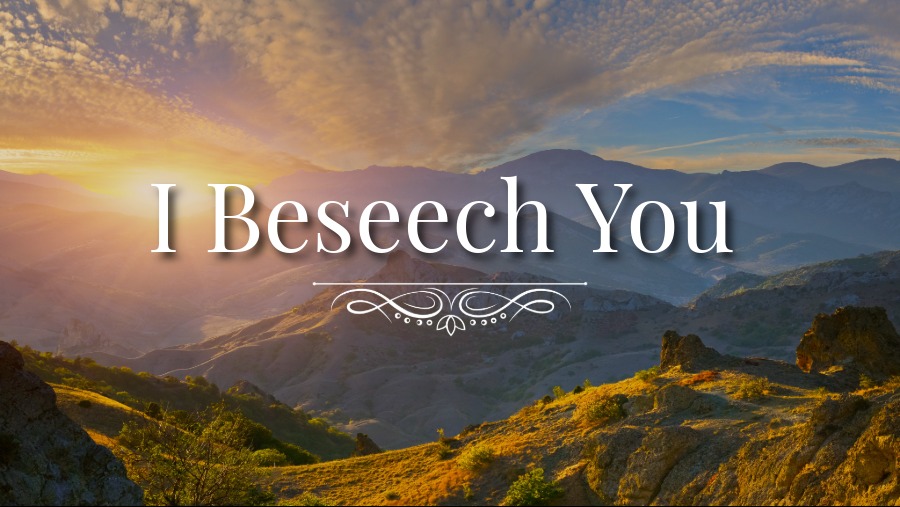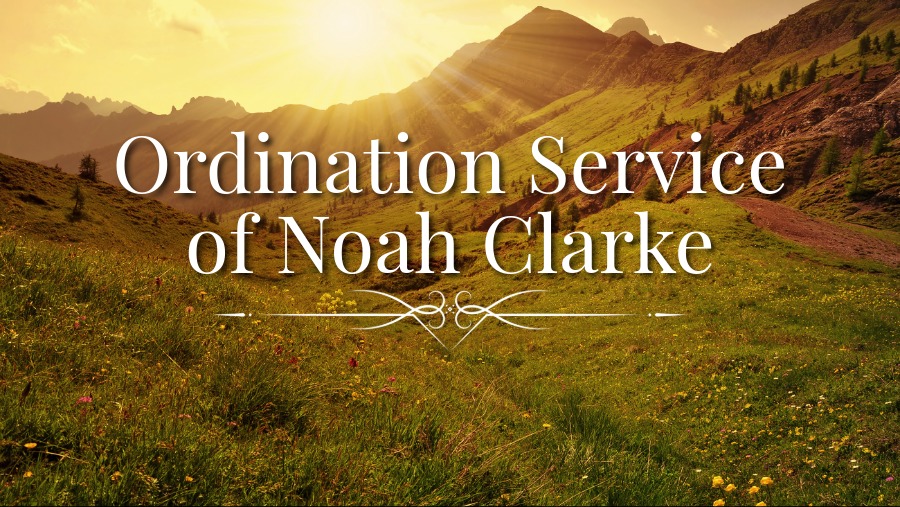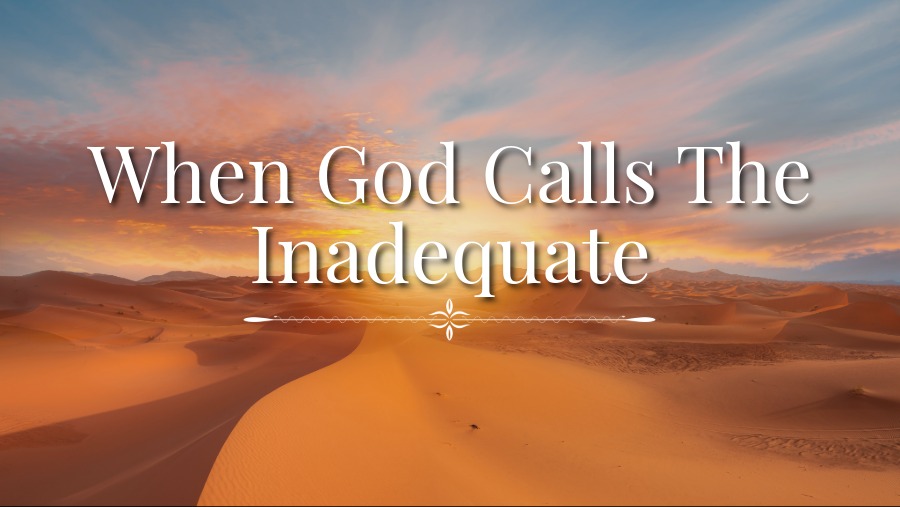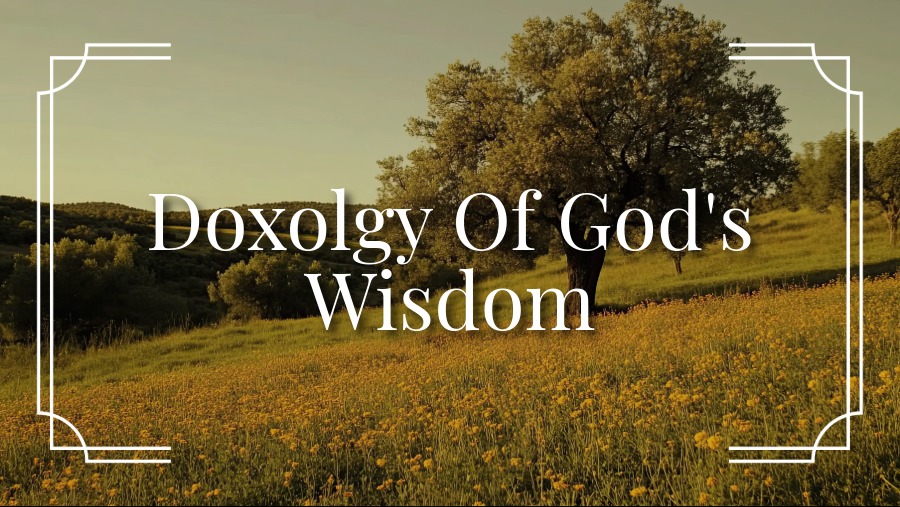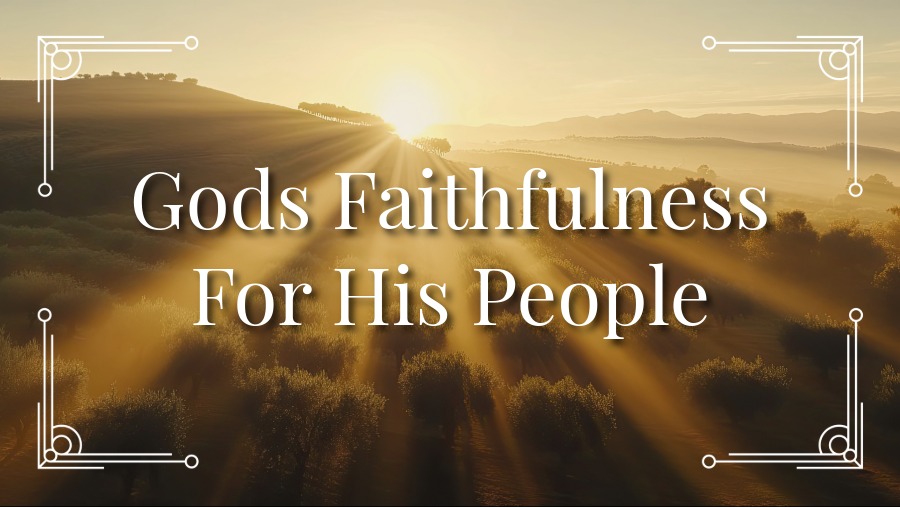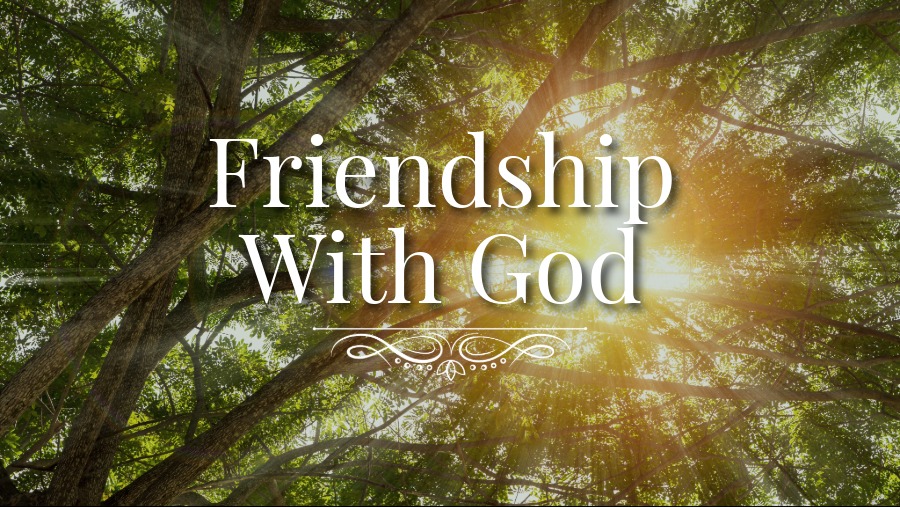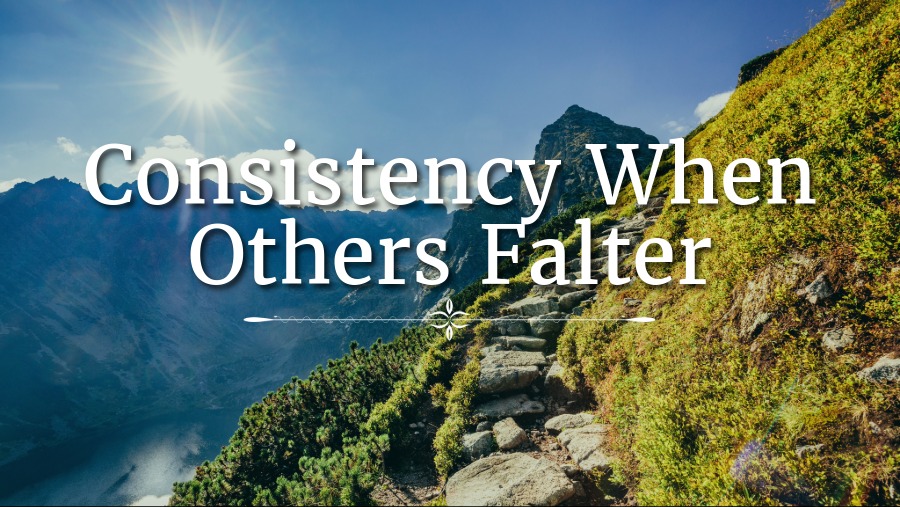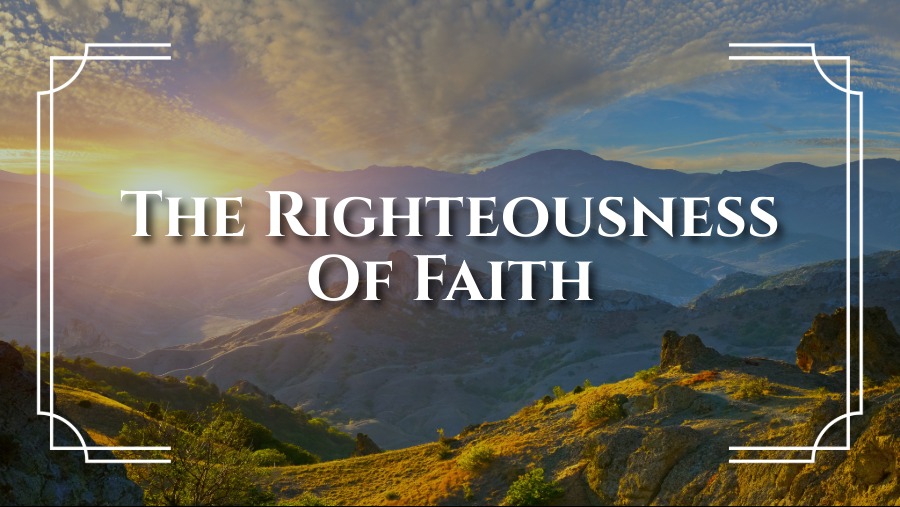
When His Will, Becomes Ours Again
Timeless Power of Hymns
The sermon opens with a reflection on the enduring impact of classic hymns—specifically “Great Is Thy Faithfulness.” The preacher shares how congregants, after sampling modern worship music elsewhere, returned to these “old‐time hymns” because of their depth and simplicity. He testifies that singing such hymns alone—without any accompaniment—can transform a bad day into a “God day,” restoring joy and gratitude.
Context: Paul’s Prayer in Colossae
Turning to Colossians 1, the pastor reads verses 9–12, noting that Paul interrupts his doctrinal exposition to pour out a heartfelt prayer for the church. This prayer, originally delivered by Paul in A.D. 60–61 when he became pastor there, encapsulates his pastoral vision and remains the preacher’s own goal for his congregation.
The Sevenfold Goals of Paul’s Prayer
Paul’s petition unfolds in a cascade of interrelated aims (Col 1:9–12):
- Filled with the knowledge of God’s will (v. 9)
- Walking worthy of the Lord (v. 10)
- Fruitful in every good work (v. 10)
- Increasing in the knowledge of God (v. 10)
- Strengthened with all might (v. 11)
- Enduring with patience and joy (v. 11)
- Giving thanks to the Father (v. 12)
The preacher emphasizes that the very first and foundational goal is to know God’s will—an awareness born of deep intimacy (Greek: epignōsis).
When God’s Will Becomes Ours
A. Defining God’s Will
To guide believers into “walking worthy,” the sermon distinguishes between two classical categories of divine will:
- Declarative Will: God’s absolute decrees that unfailingly come to pass (e.g., Nebuchadnezzar’s confession in Daniel 4:34–35).
- Permissive Will: God allowing human choices—however unwise—with natural consequences (e.g., Israel demanding meat in the wilderness and suffering lean times, Ps 106:14–15).
B. Known vs. Unknown Will
- Known Will: Clearly revealed in Scripture—repentance (2 Pet 3:9), salvation, holiness (1 Thess 4:3), and thanksgiving. Obedience here is nonnegotiable.
- Unknown Will: Life’s specifics—career decisions, marriage, ministry placement—are not spelled out in the Bible. To discern these, one must first live faithfully in the known will.
Children, Rebellion, and Spiritual Growth
Through vivid illustrations—children resisting parents’ plans, the preacher’s own struggles in school, and early ministry hesitations—the sermon shows how personal will can drift from God’s leading. Teenage rebellion, characterized by “enmity against God” (Rom 8:7), mirrors believers who resist simple spiritual disciplines and lose joy. By contrast, obedience to parents, pastors, and Scripture nurtures an environment where God’s unknown will can be revealed.
The Path to Discernment
- Persistent Prayer: Paul “does not cease to pray” for believers’ understanding of God’s will—underscoring urgency and dependence on divine guidance.
- Faithful Obedience: Serving gladly (as exemplified by “Brother Gary” joyfully folding bulletins) aligns one’s heart with God’s purposes.
- Spiritual Sensitivity: As one obeys, God’s Spirit illuminates the next steps, producing freedom, joy, and life—echoing the early church fathers:
- To know His will is light
- To love His will is liberty
- To do His will is life
Conclusion: Embracing God’s Will with Joy
The preacher closes by inviting the congregation to exchange their “carnal mind” for the mind of Christ, discovering that true blessing and transformation follow when our will submits to God’s perfect plan. As believers cultivate gratitude, holiness, and obedience in everyday matters, they position themselves to hear and walk in His “unknown” guiding voice—finding that timeless faithfulness of God meets every moment of life.

.jpeg)





